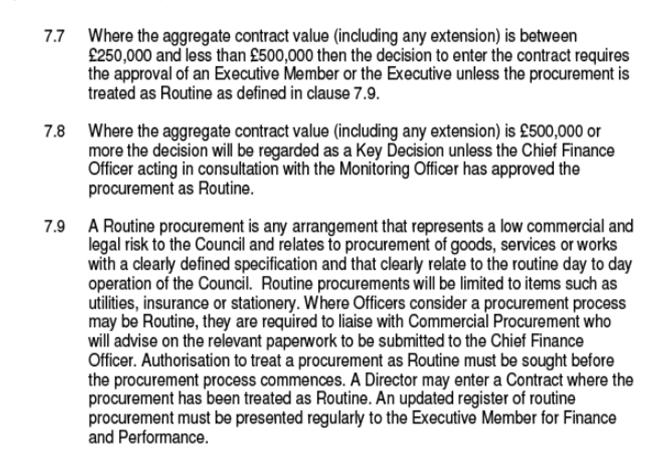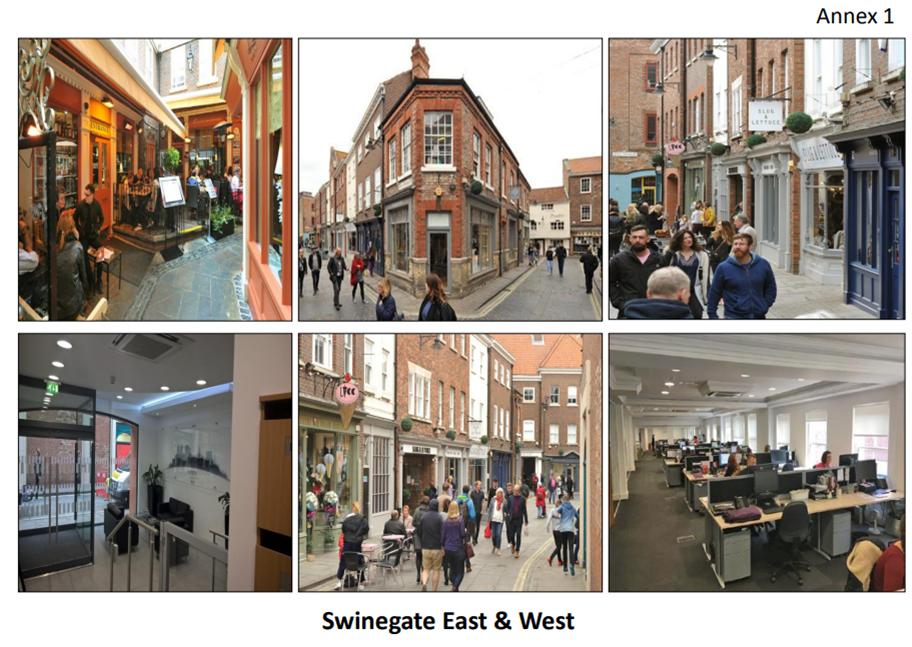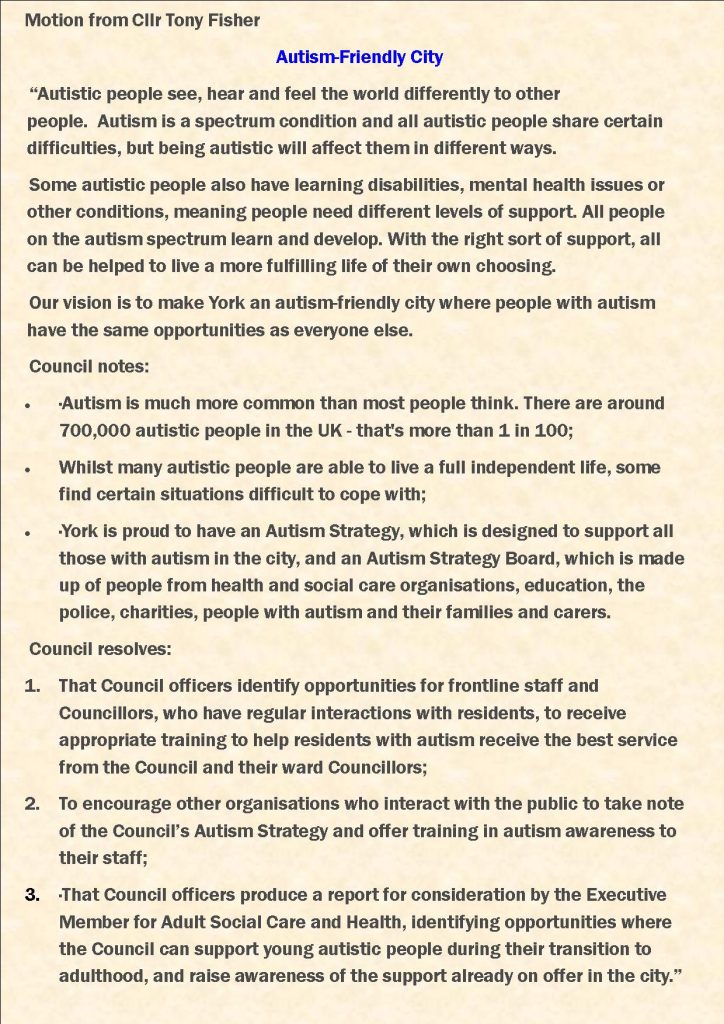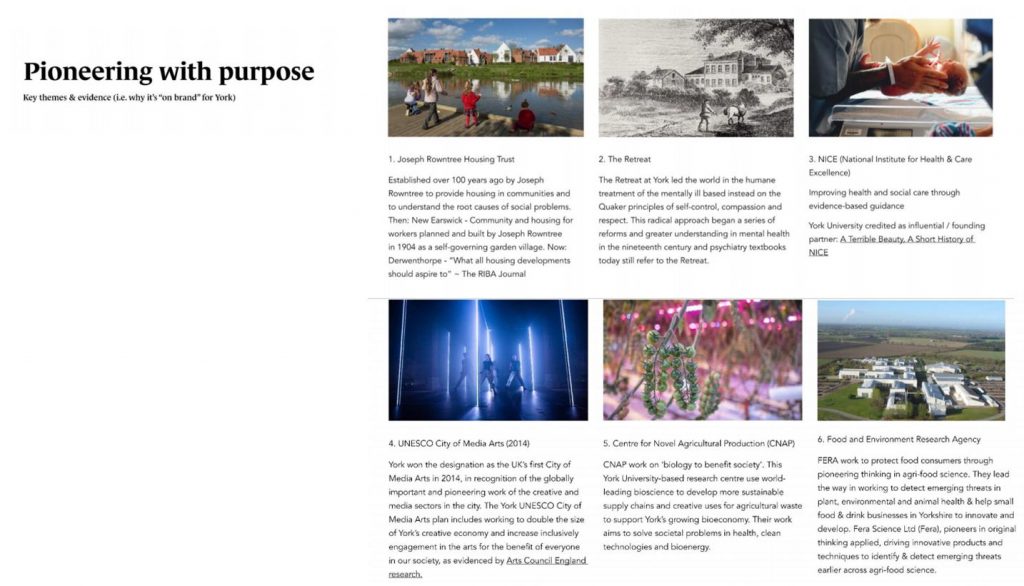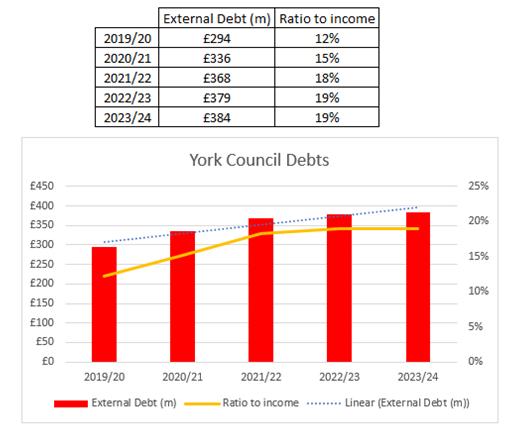The Council will confirm its budget for the forthcoming year at a meeting tomorrow. A tax increase of nearly 4 % is likely with only the two Tory Councillors favouring a slightly lower hike (3.5%).
Most of the tax increase will be spent on the care of the elderly.
Budget Council meetings are an opportunity for the ruling party (ies) to explain more about their plans. This year, these include, generally welcomed, extra investment in street level services including road repairs, extra litter /poop scoop bins, better tree maintenance, a review of waste collection (including plastics/food waste), additional staffing on waste collection rounds, improved city centre cleaning, more effective weed control plus more for crime prevention.
More controversially there is a big increase in the “capital” programme which will involve borrowing more money.
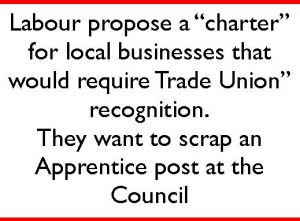 Most attention at the meeting will focus on the alternative proposed by the Labour opposition. They support the planned tax increase.
Most attention at the meeting will focus on the alternative proposed by the Labour opposition. They support the planned tax increase.
As always, opposition parties enjoy the luxury of proposing polices that they won’t have to implement. So, Labour roll out again the ban on “non-essential car journeys” within the City Walls.
Packaged within their plan is £40,000 for “early evening family friendly activities in the city centre”, £30,000 for a good employer charter (including “union recognition”), £70,000 “for substance misuse” (they probably mean reducing the problem), £75,000 for the one year funding of a “Children’s Commissioner” and £50,000 for anti-fly tipping CCTV cameras.
Cuts would be made by reducing the (recently established) graffiti removal service, crime prevention (safer communities) work An apprenticeship post would be deleted and £100,000 spent on developing a “voluntary” tourist tax.
They want to scrap the £270,000 scheme to modernise 29 Castlegate (but don’t say what they would do with the empty property or indeed with the other half dozen or so unused properties that the Council owns in the City).
Their “big idea” is the reversal of the inflation linked 2.5% increase in crematorium charges, although they routinely increased the charges when they were last in power.
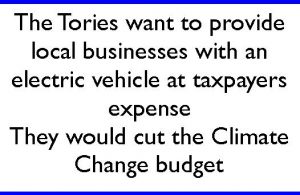 The Tory amendment is doomed as they only two of the 47 members.
The Tory amendment is doomed as they only two of the 47 members.
But they gamely try the populist route with promises to collect dead Christmas trees, improve bus services and freeze car parking charges. Members pay would be reduced as would the number of scrutiny committees. £100,000 would be lopped from the Climate Change programme while York businesses would get the “free use” of an electric vehicle for 2 months, at a cost to taxpayers of £50,000.
5 staff would be sacked as would one executive member.
In both cases the amendments are engineered to provide an opportunity to issue leaflets saying XXX party voted against such and such a policy.
If the opposition parties had been serious about their proposals, then they could have been fed into the process before public scrutiny of the options took place.

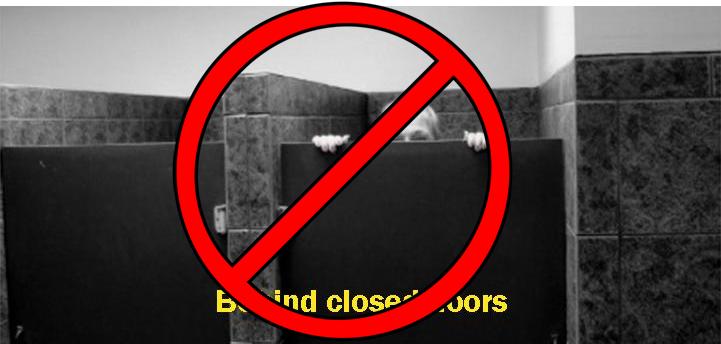 It seems, at the York Council, that the head of the paid service is changed almost as often as the Council Leader. On average they seem to last for less than 3 years. The current post holder was appointed in late 2016 and lasted only until the May 2019 elections.
It seems, at the York Council, that the head of the paid service is changed almost as often as the Council Leader. On average they seem to last for less than 3 years. The current post holder was appointed in late 2016 and lasted only until the May 2019 elections.